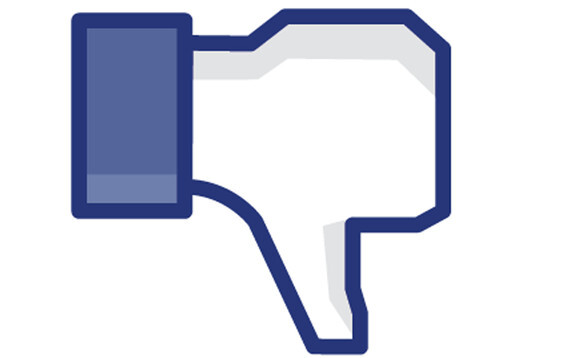
The new dotcom bubble

High-profile internet companies backed by venture capital houses are seeing share prices slump after stellar listings. The trend will bring back memories of the difficult dotcom crash and could damage the industry’s reputation for IPOs. John Bakie reports
Let's not beat about the bush, the dotcom boom and ensuing crash in the early years of this century was deeply embarrassing for the private equity community. Private equity and venture capital should be about level-headed, calm and professional investing to generate long-term business improvements and profitability. The dotcom boom however, in which many private equity and venture funds participated, is one of the worst examples of a herd mentality resulting in vast investments in companies that had no assets, no revenues and no track record – with disastrous results.
Today, while the internet is now an established form of communication worldwide and the home of numerous highly successful businesses, history seems to be repeating itself. A number of big-name internet brands that have listed in the past few years are today struggling with share prices slipping on the back of dubious claims about the profitability of these companies.
Internet gaming giant Zynga listed on 20 December last year at a respectable $9.24 and was hailed by many as one of venture capital's greatest investments, with shares rising as high as $15 and more during its first few months as a public company. But investors in the maker of Farmville were in for a shock. The firm's share price has tanked since April and has slipped as low as $2.70 this August.
The firm, backed at an early stage by a number of venture capital funds, has reported significant losses and was $22.8m in the red during the second quarter of 2012, which has been partly blamed on changes to algorithms used by the Facebook platform, one of its main sources of revenue. The tumbling share price has seen a number of senior staff leave the firm in recent months and CEO Mark Pincus has introduced new share deals to try and plug the company's talent drain.
Facebook itself has fared badly since its much-hyped listing in May this year. The social networking giant, which didn't even exist at the time of the last dotcom bubble, today boasts 900 million users and listed at $38, valuing the firm at over $100bn. Just over three months later, facebook's share price has collapsed to less than $20 a share. Like Zynga, Facebook made a loss in the second quarter, and many critics are dubious of the firm's ability to make revenue from advertisers given that it has some of the lowest conversion rates in the industry.
Another significant tech home run for venture capital investors was discount retail service Groupon. The firm, which offers a range of discounts to its users, listed in November last year at an impressive $26, valuing the firm at around $13bn and raising $700m for its owners which was, at the time, the biggest US internet company listing since Google. However, today the company is languishing with a share price of around $4.50. The firm has suffered numerous issues since listing, including an investigation by the UK's Office of Fair Trading into the way it presented offers to customers, which eventually resulted in Groupon having to change its sales tactics.
While the venture backers of these internet companies have reaped huge returns for their funds, the public investors who bought into these apparent success stories are now licking their wounds. Such sales do little good for the industry as a whole, creating an image of venture capital and private equity as floating sub-standard companies at large costs by hyping up their worth to inflate their value. The new dotcom crash could be as damaging as the last.
Latest News
Stonehage Fleming raises USD 130m for largest fund to date, eyes 2024 programme
Sponsor acquired the public software group in July 2017 via the same-year vintage Partners Group Global Value 2017
Stonehage Fleming raises USD 130m for largest fund to date, eyes 2024 programme
Czech Republic-headquartered family office is targeting DACH and CEE region deals
Stonehage Fleming raises USD 130m for largest fund to date, eyes 2024 programme
Ex-Rocket Internet leader Bettina Curtze joins Swiss VC firm as partner and CFO
Stonehage Fleming raises USD 130m for largest fund to date, eyes 2024 programme
Estonia-registered VC could bolster LP base with fresh capital from funds-of-funds or pension funds








